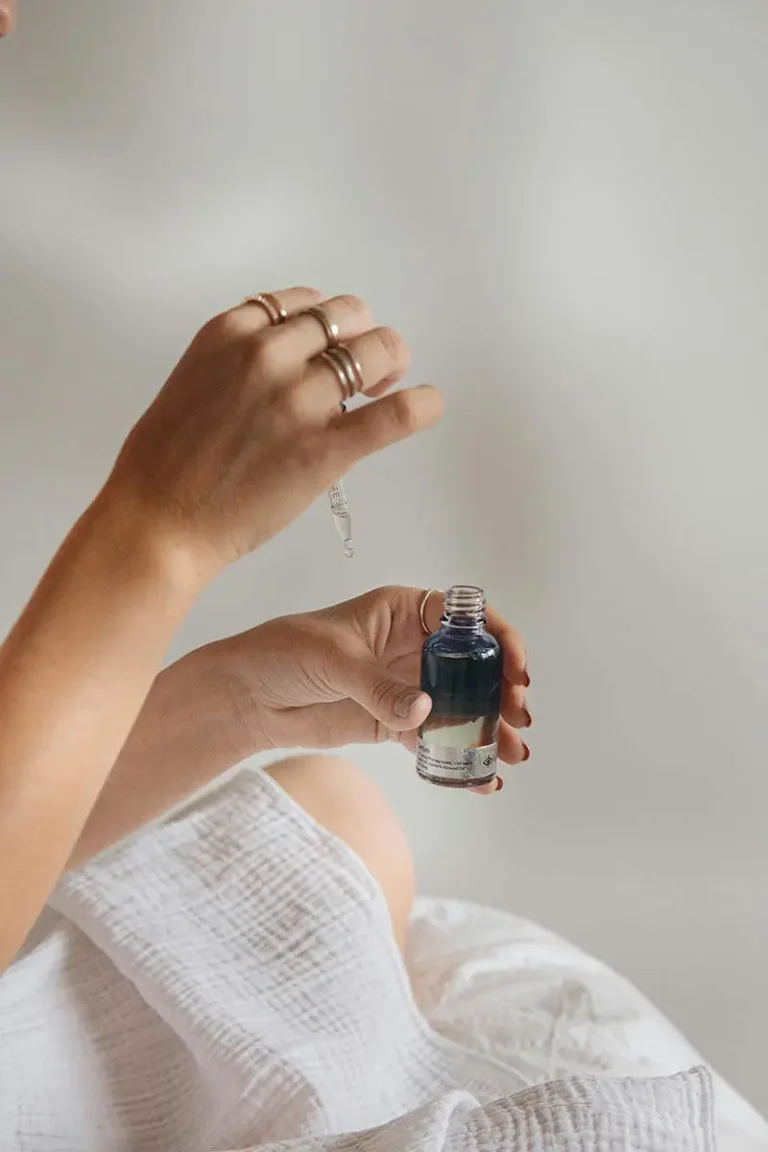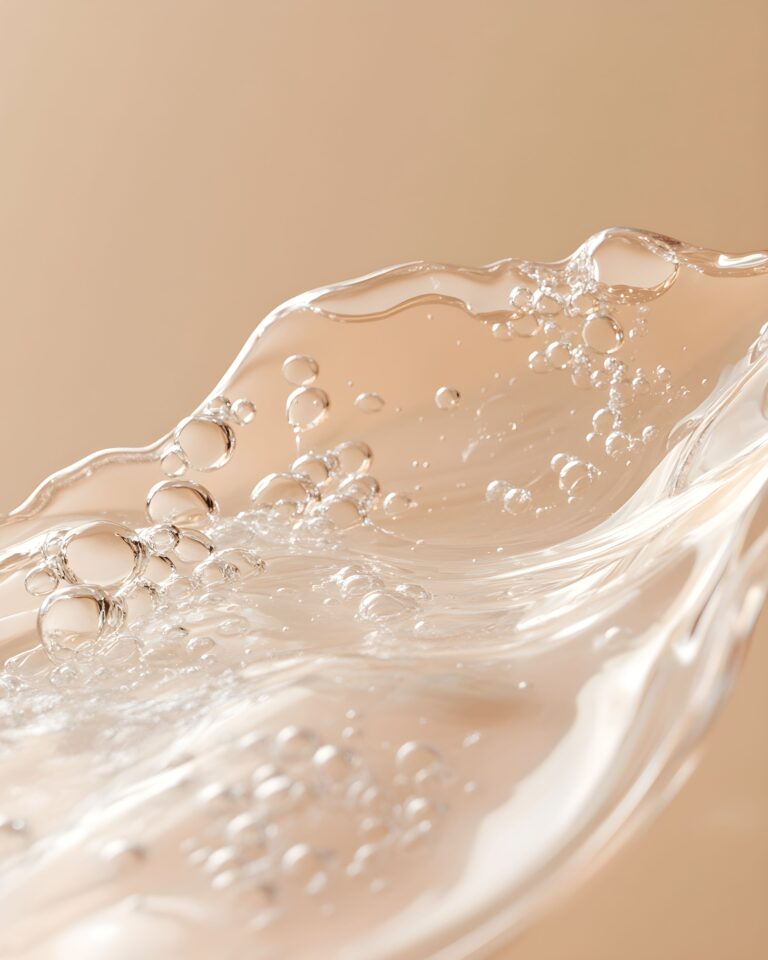The Secret to Lasting, Radiant Skin
What if real skin transformation didn’t just come from the latest skincare products, but from deep within your skin’s cellular structure? While creams and serums play an essential role in maintaining skin health, true skin regeneration starts with a combination of topical treatments and internal nourishment.
If you want to improve your skin, enhance collagen production, and boost your skin’s ability to renew itself, you need to address both surface skincare and internal nutrition.
This guide will break down the two-pronged approach to skin transformation—how to rejuvenate your skin externally through effective skincare ingredients and internally by supporting cell turnover, hydration, and overall skin health.
The Science of Skin Transformation: How Your Cells Renew
Your skin is constantly renewing itself through a cell turnover process, where new skin cells replace dead cells in the epidermis. This process of renewal naturally slows down as part of the aging process, leading to fine lines and wrinkles, dryness, and uneven skin texture.
Key players in skin regeneration include:
- Collagen and elastin – Proteins that maintain skin’s firmness and elasticity.
- Antioxidants and anti-inflammatory properties – Protect against free radicals and UV damage.
- Cell turnover rate – The speed at which new cells replace damaged tissue.
By supporting skin renewal both externally and internally, you can keep your skin looking youthful, radiant, and strong.
External Approach: The Best Skincare Routine for Skin Renewal
To rejuvenate your skin externally, your skincare routine should focus on removing dead skin cells, stimulating collagen production, and protecting the skin barrier.
Exfoliation: Removing Dead Skin Cells for a Radiant Complexion
Exfoliation is essential for cellular renewal as it removes dead skin cells and allows new skin to emerge.
- Chemical exfoliation: Ingredients like salicylic acid, niacinamide, and tretinoin promote skin cell turnover rate and clear clogged pores.
- Physical exfoliation: Gently buffing the surface of the skin with a mild scrub can improve skin texture but should be used carefully on sensitive skin.
Bakuchiol: The Clean Beauty Gold Standard for Skin Regeneration
Bakuchiol is quickly becoming the gold standard in clean beauty for cell turnover and skin renewal. Sourced from the Babchi plant, it delivers many of the same anti-aging and skin-smoothing benefits as retinol—without the irritation, dryness, or concerns about ingredient safety.
It helps fade fine lines, hyperpigmentation, and signs of aging while protecting the skin barrier.Retinoids: The Gold Standard for Skin Regeneration
Bakuchiol stimulates collagen production and improves skin firmness.
Unlike retinol, it is gentle on sensitive skin and safe for daily use.
Hydration: Essential for Skin Tissue Repair
Maintaining skin hydration is crucial for tissue repair and a strong skin barrier.
- Hyaluronic acid helps retain moisture, plumping the skin on the face.
- Ceramides and fatty acids strengthen the barrier repair process, preventing dry skin.
Antioxidants: Protection Against Free Radicals
Antioxidants neutralize free radicals that cause cellular damage and accelerate skin aging.
- Vitamin C brightens radiant skin and reduces UV damage.
- Green tea extract has anti-inflammatory properties that soothe skin concerns like redness and sensitivity.
Internal Approach: How Nutrition Fuels Skin Renewal
Skincare products alone can’t reverse aging skin if you’re not supporting skin renewal from within.
Eat for Skin Regeneration
Certain nutrients are essential for cellular repair and wound healing.
- Protein-rich foods (collagen, eggs, fish) help produce new cells.
- Omega-3 fatty acids (salmon, flaxseeds) reduce inflammation and improve skin texture.
- Vitamin A and zinc support cell renewal and strengthen the skin barrier.
Hydrate for a Plumper, Healthier Complexion
Dehydrated skin is more prone to wrinkles and dullness.
- Drink at least 8 glasses of water daily to promote skin hydration.
- Green tea and herbal teas provide antioxidants that reduce cellular damage.
Avoid Skin-Damaging Foods
Certain foods accelerate skin aging and inflammation.
- Processed sugars and refined carbs break down collagen and elastin, causing fine lines.
- Alcohol and caffeine dehydrate the skin’s surface, leading to dry skin and uneven tone.
Final Thoughts: The Ultimate Skin Transformation Strategy
True skin regeneration requires a holistic approach. A high-performance skincare routine combined with nutrient-rich foods, hydration, and antioxidants will rejuvenate your skin from the inside out.







